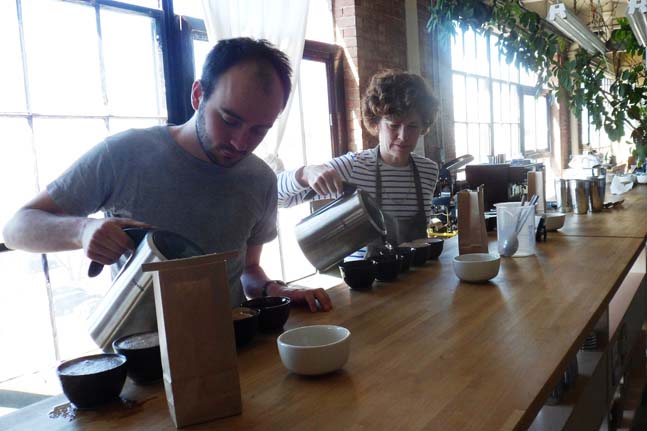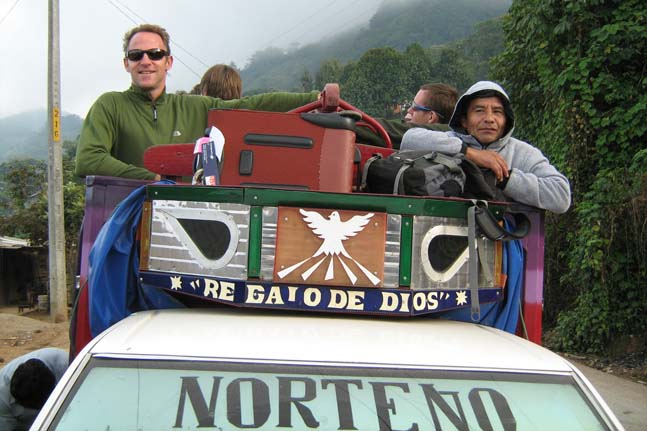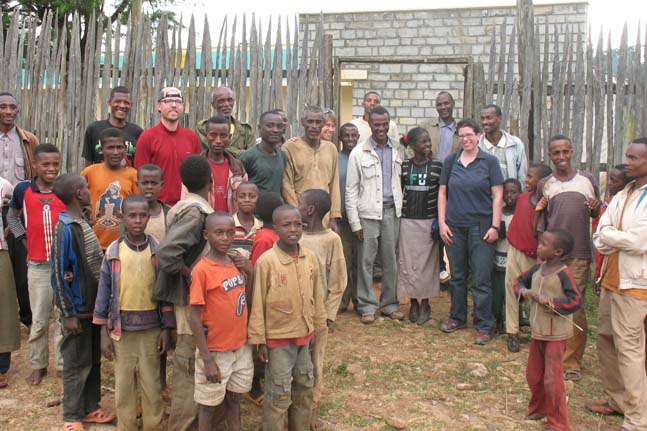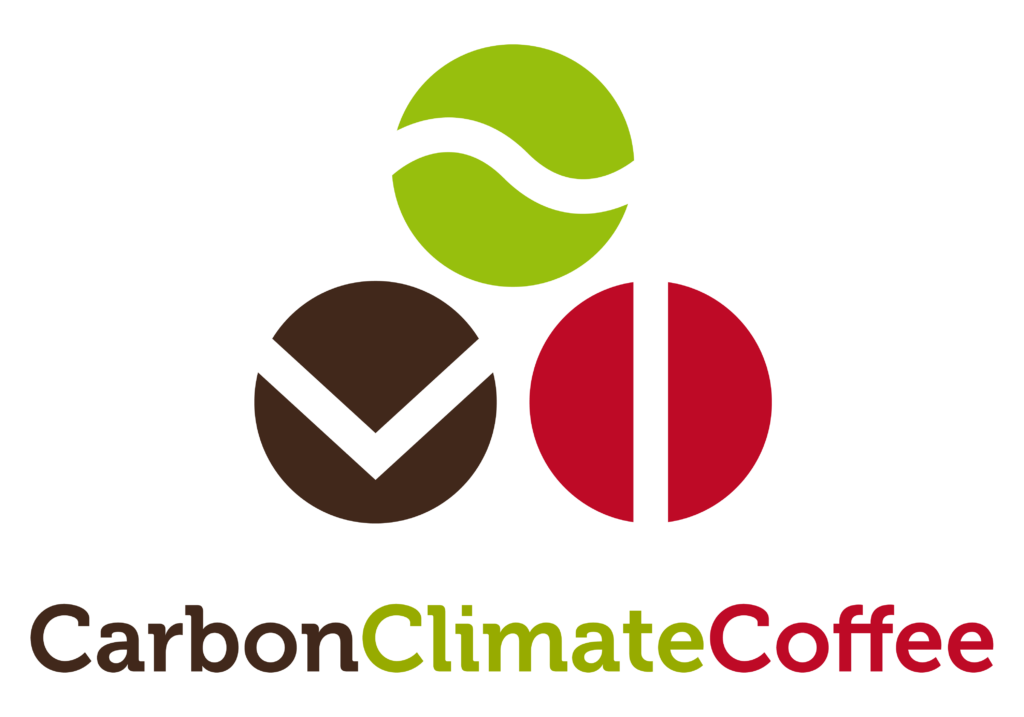
Good morning 2018! If you’re anything like me, or like most everyone I know in North America… you wrapped up 2017 and started the New Year talking about the weather!
Here in Montreal, our temperatures were officially declared “Colder than Mars.” And they were consistently colder than the North Pole. Even Canadian “hot spots” – like Toronto – got swept up in the prolonged cold spell. Canada has been, literally, shivering “from coast to coast.”
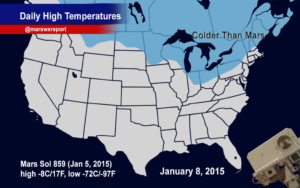 Of course in the USA, the descriptors were even more extreme. With warnings of the coming “winter bomb cyclone” and a 1,400-mile stretch of the East Coast alerted to a “hard freeze” – bringing hurricane-force winds, white-out conditions on the roads, and hundreds of school closures in the north; and from North Carolina to the Florida panhandle; and causing snow flurries, the occasional snow angel and and sightings of frozen palm trees to the south. Reporters had a field day with the “explosive intensification” of the storms as temperatures ran 20 to 40 degrees below normal across the country before the thaw finally set in.
Of course in the USA, the descriptors were even more extreme. With warnings of the coming “winter bomb cyclone” and a 1,400-mile stretch of the East Coast alerted to a “hard freeze” – bringing hurricane-force winds, white-out conditions on the roads, and hundreds of school closures in the north; and from North Carolina to the Florida panhandle; and causing snow flurries, the occasional snow angel and and sightings of frozen palm trees to the south. Reporters had a field day with the “explosive intensification” of the storms as temperatures ran 20 to 40 degrees below normal across the country before the thaw finally set in.
But despite the daily weather blast, we’re still so reluctant to talk about the climate.
Over the holidays, I came across a remarkable compilation of research and holistic proposals for sustainable systems. WAKE-UP: Before it is too Late, commissioned by the United Nations Convention on Trade and Development (UNCTAD), was published in 2013 and brings together more than 60 internationally acknowledged experts, contributing towards a comprehensive analysis and strategic proposals for dealing holistically with the inter-related global challenges of: hunger; poverty; climate-change; economic, social and gender inequality; and environmental sustainability.
 The report highlights the fact that agriculture is not only significantly affected by global warming, but is also one of its driving forces. WAKE-UP calls for a rapid shift from conventional, mono-culture-based and high external-input-dependent industrial production, towards “mosaics of sustainable, regenerative production systems” that are managed by and capable of improving the productivity of small-scale farmers.
The report highlights the fact that agriculture is not only significantly affected by global warming, but is also one of its driving forces. WAKE-UP calls for a rapid shift from conventional, mono-culture-based and high external-input-dependent industrial production, towards “mosaics of sustainable, regenerative production systems” that are managed by and capable of improving the productivity of small-scale farmers.
“Quick fixes will not be able to effectively deal with the complex interplay between energy intensity, greenhouse gas emissions, global warming and food security needs,” says Carlos Perez del Castillo, Global Research Partnership for a Food Secure Future (CGIAR). “Rather, what is called for is a better understanding of the multi-functionality of agriculture, its pivotal importance for pro-poor rural development and the significant role it can play in dealing with resource scarcities and in mitigating and adapting to climate change.”
I was impressed with WHAT was included in the report. But I was equally impressed with WHEN the report was written.
Digging a bit deeper… this report led me to its predecessor, the International Assessment of Agricultural Knowledge, Science and Technology for Development (IAASTD) – an initiative supported by the World Bank and the United Nations, consulting more than 400 scientists from all continents and a broad spectrum of disciplines. From 2003 to 2007, some of the brightest minds collaborated in research and writing to bring perspective and practical propositions to the million-dollar question:
“How can we reduce hunger and poverty, improve rural livelihoods and facilitate environmentally, socially and economically sustainable development through the generation of, access to, and use of agricultural knowledge, science and technology?”
So why is this information still — just now — seeping into public discourse??
According to IAASTD authors – this is due in part to the fact that three very influential countries (the USA, Canada and Australia) withdrew from the process in the final plenary session in April 2008, primarily because of the critical analysis of genetic engineering and industrial agriculture, in comparison to the positive light being shed on small-scale farming. The departure of these highly influential countries did not affect the contents of the report – but it certainly complicated the dissemination and acceptance of the report in their respective governmental, economic and scientific circles.
Since the publication of the IAASTD, terms such as agro-ecology and food sovereignty have entered into the vocabulary of institutions such as the United Nations Food and Agriculture Organization (FAO) and many other multi-national development institutions. It’s also become increasingly common to hear talk of a paradigm shift in agriculture that moves us away from input-intensive models of agriculture to a more nurturing pathway that protects and sustains natural resources. 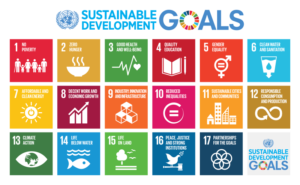
In the hundreds of pages that fill these reports, scientists from around the world make reference to respecting natural systems, holistic approaches, honoring the role of: women, Indigenous approaches to land management, and the learned wisdom of small-scale farmers who, despite working under very challenging circumstances and with little or no external supports, have successfully managed extremely complex production systems.
Reading all this in the context of the many challenges facing small-scale coffee farmers and the development work we, at Coop Coffees, are supporting, makes the parallels between the coffee industry and industrial agriculture at large – painfully obvious. And while the slow release of data and the lack of a more widespread understanding of solutions can be frustrating, seeing the growing consensus of best solutions is highly motivating.
Some of our shared conclusions include:
- Fix the soil and you fix most of the most pressing issues in agriculture.
- Agro-ecology shows great potential to increase the incomes of small-scale farmers.
- Farmer-to-farmer training is an effective tool for scaling successful agro-ecology.
- Small-scale farming is a more holistic and productive approach to agriculture.
- Small-scale, organic agriculture is significantly more resilient in the face of climate change.
- Women are key to making sustainable change in rural areas.
So in that sense, we need to WAKE UP and smell the coffee…. but we must also be aware that there is so much more at stake!
Author: Monika Firl
January 15, 2018


